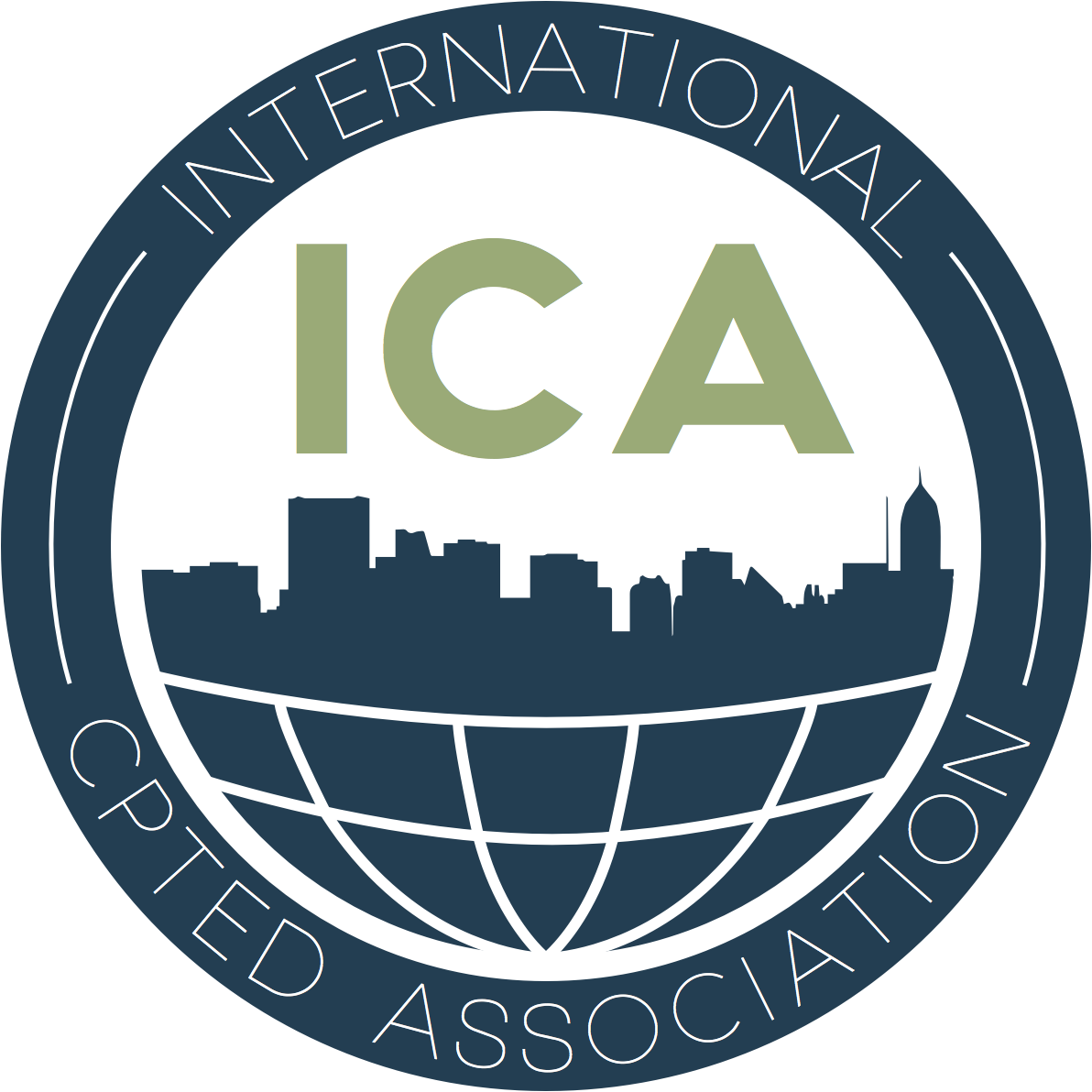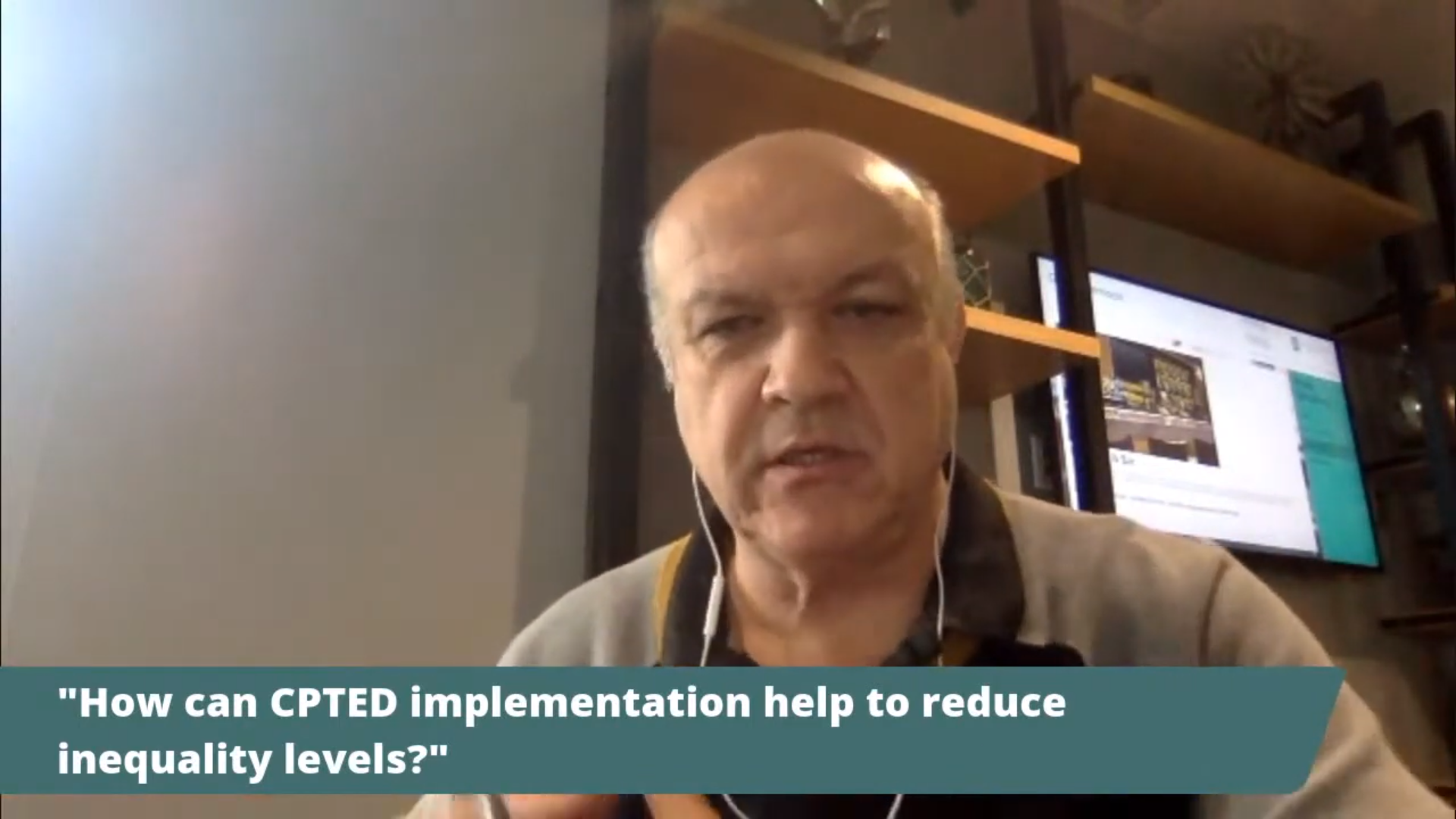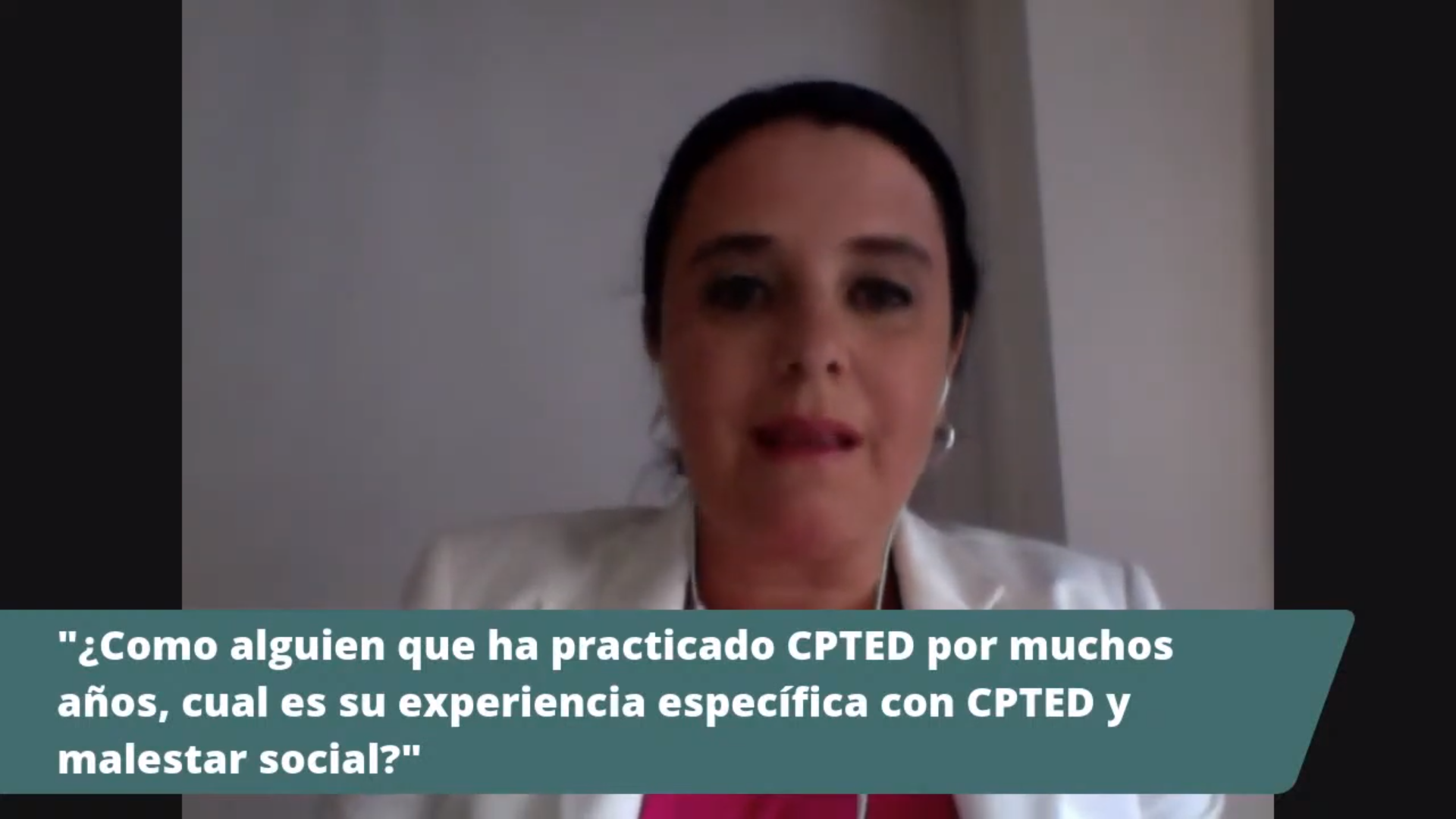CPTED AND SOCIAL UNREST | CPTED Y DISTURBIOS SOCIALES (recording of the live stream - 8 February 2020)DescriptionMEMBERS - watch for free here: https://cpted.net/CPTED_Social-unrest
NON-MEMBERS - The webinar link will be delivered to you upon payment.
***
This webinar was presented in both English and Spanish.
Watch a short webinar snippet: https://youtu.be/TlRqYUjyTyQ
***
Webinar description:
60 minutes
CPTED AND SOCIAL UNREST | CPTED Y DISTURBIOS SOCIALES (recording of the live stream - 8 February 2020)
Our first webinar focused on a current topic of great consequence: social unrest. Our expert guests who spoke on the topic were Dr Macarena Rau, the President of the ICA, and Greg Saville, Inaugural Chair and Co-founder of the ICA.
They discussed the historical reasons behind social unrest, and why we have seen an uprise in protests and civil disobedience throughout the world.
Topics included:
- Social unrest as a global phenomenon
- The causes of social unrest
- Why Latin America is the most criminogenic region in the world
- CPTED as a useful tool for preventing social unrest
- Questions from the audience
***
CPTED Y DISTURBIOS SOCIALES (recording of the live stream - 8 February 2020)
Nuestro primer seminario web se centrará en un tema actual de gran importancia: los disturbios sociales. Nuestros invitados expertos en esta oportunidad con quienes conversaremos sobre el tema son la Dra. Macarena Rau, Presidenta de la ICA, y Greg Saville, Primer Presidente de la ICA y también miembro Cofundador.
En este webinar se discutirán las razones históricas detrás de los disturbios sociales y por qué hemos visto un aumento en las protestas y la desobediencia civil en todo el mundo.
Los temas incluirán:
- El malestar social como fenómeno global.
- Las causas del malestar social.
- ¿Por qué América Latina es la región más violenta del mundo?
- CPTED como una herramienta útil para prevenir el malestar social.
- Nuestros invitados también estarán respondiendo sus preguntas.
|
ICA Mission Statement
To create safer environments and improve the quality of life through the use of CPTED principles and strategies
Powered by Wild Apricot Membership Software

.png)
.png)



